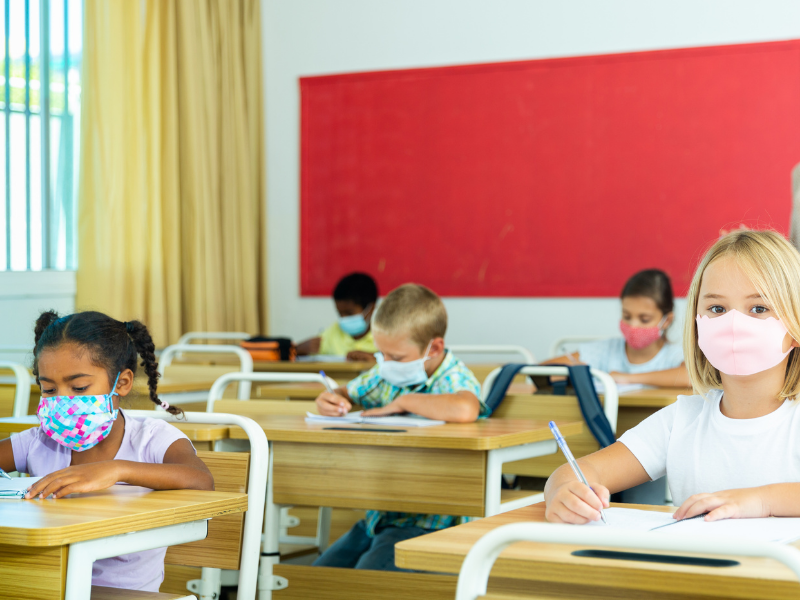The year 2020 has been difficult for everyone. It has caused organizations and businesses to pivot from their planned strategies and shift quickly to identify new ones. It has forced individuals to find new career paths and create new support structures. It’s kept us from our families and isolated us from the communities we are used to counting on. In short, it has been one tough year.
It has been the most difficult year I have seen over my lifetime. But I will say it has also been inspiring. I have been inspired by the ability of our community and its leaders to come together. Leadership in Columbus has been able to connect in new and sometimes surprising ways to support and meet continually changing needs.
Betsy Covington at the Community Foundation and Ben Moser at United Way acted very early in the year to coordinate COVID Response calls to keep Columbus connected, positive, and focused throughout much of this crisis year. Their efforts and the efforts of others to join hands and find out-of-the-box solutions in the moment has been very encouraging.
While seeing these efforts gives hope to myself and (I’m sure) to others, our Hiring Well, Doing Good (HWDG) partners also know there will be many additional challenges to address and emerging issues to tackle in the future. We began to talk about the shifts that were happening with our own efforts in Columbus. We heard about the new practices that our business and nonprofit partners were having to adopt and the heightened needs that continue to arise among the populations we serve.
Our subcommittees began to ask, “What can we learn from our ability to pivot in 2020 that will allow us to react more effectively and responsively in 2021?” This question led us to develop a series of events focused on The Changing COVID Workforce.
Our first event in this series will be held on January 21, 2021. This event will address Economic Forces During a Pandemic: How COVID is Shaping the Labor Market. During this event we examine the labor-supply gaps that exist and look at business policies and practices that impact workforce participation. This discussion will set the stage for later events and will consider the need for possible shifts in training and hiring practices.
Our second event in the series will be on March 24 and will examine how we leverage our community assets to mitigate the impact of COVID. Betsy Covington and Ben Moser are going to speak during this event and help us think through what our community did really well in 2020. We will discuss how we can leverage what we have learned to navigate 2021 and to improve our community in the future. The final event on May 19 will focus on maintaining the strength of our workforce.
All three of these discussions will help us prepare to successfully repair our local economy in light of the COVID-related adjustments we have been forced to make along the way. We need to be sure that businesses (large and small) can prosper while keeping all people in our community safe and avoiding as much collateral damage from this virus as possible.
There are also some existing issues that COVID has shined a light on. In comparison to other areas of the country, Columbus has very low average wages. This has created a situation locally where national stimulus efforts may harm our local economy disproportionately. In some cases, businesses have shared that their challenges in hiring additional labor have hamstrung their efforts to produce at scale or accept additional contracts. In other cases, employers have had to scale down production due to workforce restrictions. These situations open up an essential conversation about both average and living wages in Columbus, because it’s important for everyone to earn enough to support their families.
Ultimately, I see a heart at work in our community that is something I don’t believe you can find everywhere. There is a genuine and pervasive desire to work together for the common good. This is something special about Columbus, and I believe the Changing COVID Workforce event series will allow us to take greater advantage of our outstanding community spirit.



